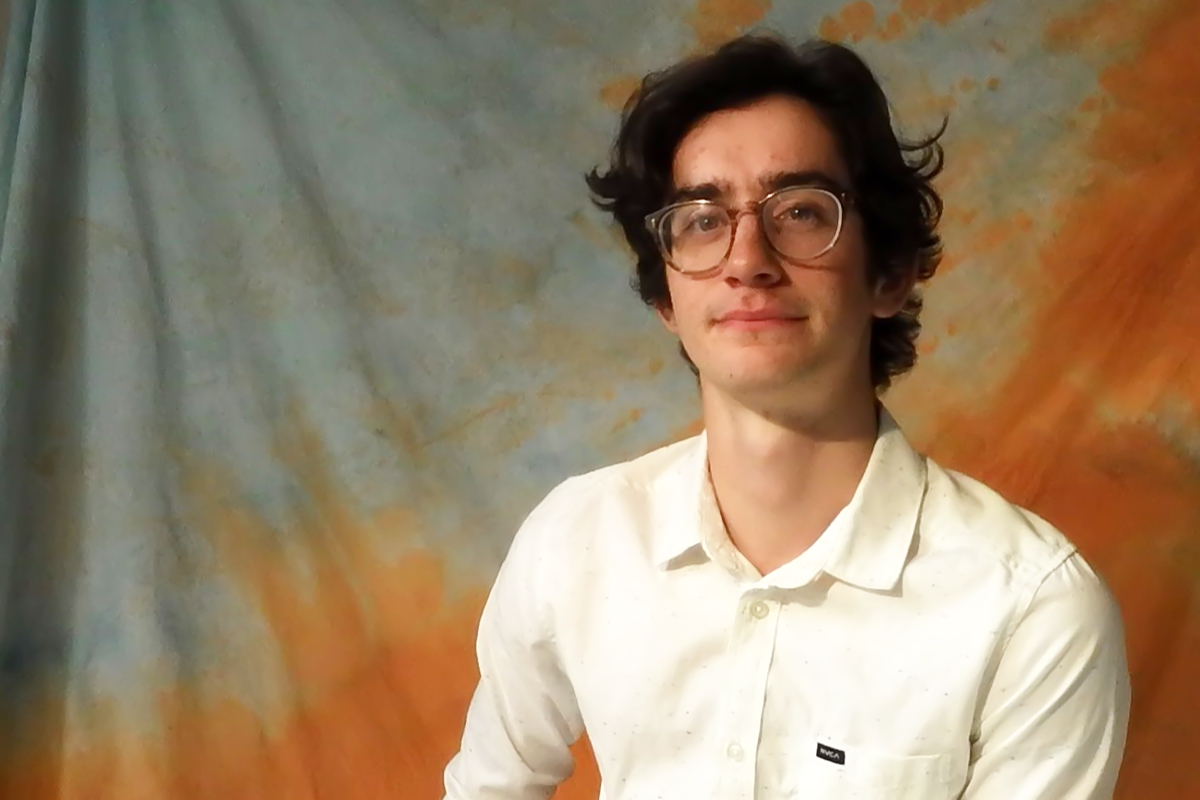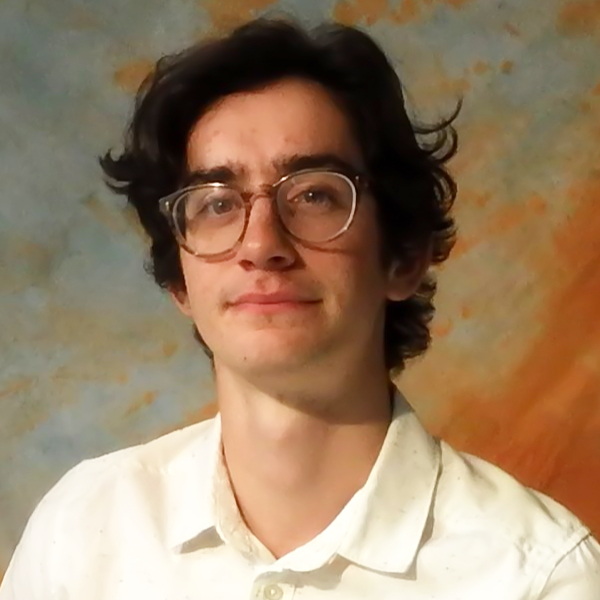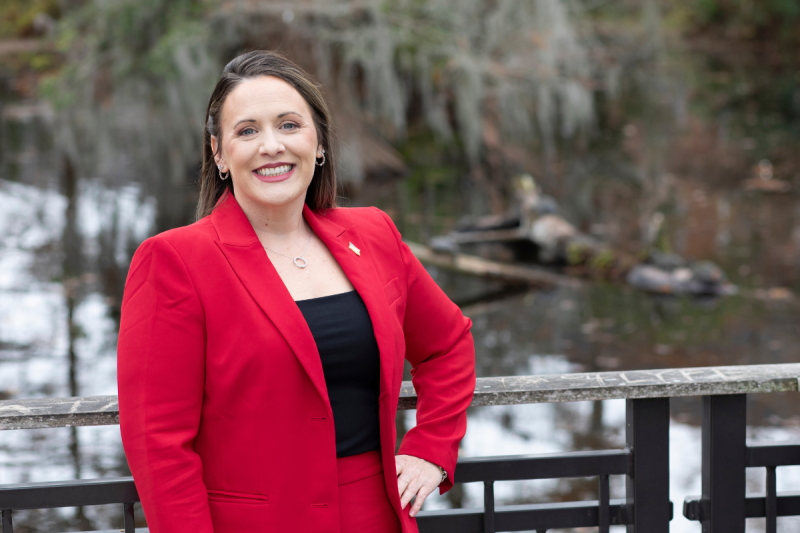Nicholas Zeek, an economics major, has found some unique ways to apply his economics education to his personal interests and his future career.
“In the past year I’ve made big moves and set the direction of what I want to do,” he explained. “I want to be a healer. When I was little, I wanted to be a chiropractor, a philosopher, and a massage therapist. And it’s crazy how the eastern therapies incorporate all of those things.
“Economics is a totally different discipline,” he said. “I love that I’m learning something that is going to be so useful. It’s one of the most versatile business degrees because it teaches you how the business world works. I’m going to have an understanding of the economics of health care systems and how to run a business, and that’s really important for any scope of practice in any field.
“When most people want to go into business, they go into management,” he said. “But I think economics is the move. It’s so versatile, and it’s the broadest business degree, in my opinion.”
His appreciation for economics goes beyond strictly thinking about his future business. Nicholas uses what he’s learning in classes to improve the skills he uses on a daily basis.
“The other thing I appreciate is that economics one of the best degrees to get to really dive into critical thinking and dive into problem-solving,” he said. “Economics really teaches you how to work through labeling a problem, coming up with a solution, thinking of any extraneous variables, and anything that has an impact on the situation."
Applying His Research to Future Endeavors
The topic Nicholas chose for one of his research projects aligns with his future career.
“I’m basing my topic off of some lessons of eastern wellness that I learned a few weeks ago at a retreat with an acupuncturist in Lafayette,” he explained.
“The four principles of wellness according to Bob Flaws, a well-renowned writer, are: diet, exercise, rest and relaxation, and good mental attitude,” he said. “So, I’m asking: does practicing these four principles within a society lower the amount of disease?
“I’ll be comparing across countries,” he said. “I’m designing variables to see if they fit within five categories – the four, plus the fifth category of ‘other.’ In my model, disease is going to be measured by the aggregate of all mental and physical diseases."
The research Nicholas has already done and his enthusiasm for economic theory has sparked some follow-up ideas.
“It’s cool to see economic theories applied to anything,” he said. “Because of this, I’ve thought of a few other cool ideas, like whether practicing traditional martial arts has a relationship on violent crime rates.
“Martial arts in history was a way to keep energy flowing in the body,” he said. “And all the diseases in the east are attributed to blocked energy. Presumably, practicing martial arts would lower your rate of disease.
“That’s the cool thing about economics — you can use it anywhere,” he said. “Economics is not just business, it’s a way of thinking.”
Using His Education in Club Leadership
Nicholas takes pride in being a leader in two clubs on campus. He's president of the Collegiate Economics Organization and the Ragin' Cajun Jiu Jitsu Club, where he learned to apply some of the topics he learned in class.
“One of my management professors helped me realize the importance of setting up a vision-mission for a club — setting up a direction for a club as a primary organizational skill,” he said. “For anything, you go back to the vision and say, ‘Is this in line with our vision?’ and it keeps unnecessary clutter out of the picture.
“I’m figuring out the ins and outs of designing jobs,” he said. “For the Jiu Jitsu Club, I have this task force of officers: our shogun (VP), our baron (treasurer), and our thane (VP of membership) — feudal terms from Japan, Europe, and Scandinavia. I have these people and I need these things done, so what tasks are appropriate to assign to which people?”
As part of his leadership with the Ragin’ Cajun Jiu Jitsu Club, he makes it a point to communicate the club’s mission to “create a safe and inclusive environment for all students and all skills to use jiu jitsu as an expressive art form and self-defense, live the virtues of perseverance, respect discipline and benevolence.”
“We offer a platform to practice those techniques on a regular basis,” he said. “What I really like about the club is we offer a platform for anyone of any skill level to come in and learn these self-defense techniques so it becomes muscle memory and you can execute it every time.
"It’s also a great stress reducer. I think, as students, we spend lots of time worrying about schoolwork and jiu jitsu offers a way to physically work through ways of problem-solving.”


